Pre-opening checks for venues of all types (including stadiums, theme parks, leisure centres, arenas and attractions) are already subject to a series of regulations and standard operating procedures. These are clearly likely to increase in scope and importance. Below are 7 check types to consider before you can open to the public again. This is by no means exhaustive, but is intended as a starting point.
Protect your staff, protect your visitors, protect your organisation.

1. Safety
It is vital to maintain a high level of oversight and open in a safe and controlled way. This might be made more difficult if key members of staff are absent, but it is imperative that everyone's safety is still at the heart of what you do. The regulations on event safety management will not diminish in the 'new world'.
2. Hygiene
Most venues already have excellent hygiene in place, but this will become increasingly important to visitors and staff alike. The potential fallout of images of unhygienic facilities spreading through social media would cause a lot of reputational damage. Some points to consider, depending on venue type and country:
- Increased cleaning of public spaces
- Hand sanitiser
- Temperature checks
- Touch free bins and soap dispensers
- A review of all food and beverage concessions
3. Social distancing
It is likely venues will need to review their operating procedures to reduce capacity and occupancy. Consider pre-booked times to experiences only, print tickets at home, markers on floors to show 2m gaps where queuing likely, removal and increased spacing of chairs and furnishings, and a review of workforce rotas and schedules.
4. PPE
The use of personal protective equipment outside of the front-line is still controversial in many regions and countries. This should not be a first option, but rather an extra 'insurance' policy when other policies are difficult to deploy. If it is used, make sure it is of sufficient quality, doesn't ruin the visitor experience, and is disposed of correctly.
5. Maintenance
Many venues have been inactive with only minimal staff on site to carry out crucial maintenance. Extra checks must be carried out and recorded centrally or risk assessed.
6. Staff communication
Staff will need extra training, refreshed method statements and time to review new ways of working. Don't underestimate the amount of time this could take: your staff are key and listening to them at the beginning will limit any discontent or unease. It is vital that they know new running orders and contingency plans.
7. Guest communication
Guest communication starts a long time before they reach your venue. Keep clear and consistent messaging from the first contact or ticket purchase. Make sure this advice aligns to government or regulatory body advice and explains things simply. On site, use wayfinding and signage, consider those that are visually or hearing impaired and make sure you do a trial run with a small number of guests first.

Accountable venue management
No event or venue will get this 100% correct the first time, but the more planning that goes into it the more likely it is that you will succeed. Vitally, you will need to keep extensive record keeping that is safe and, ideally, digital for any audits or reviews that will undoubtedly come. If you'd like to know about WeTrack's venue management software, please get in touch at info@wetrack.com.
View our full guide to re-opening your venue, event or attraction during COVID-19 here.
Or, check out our venue checks software here.




